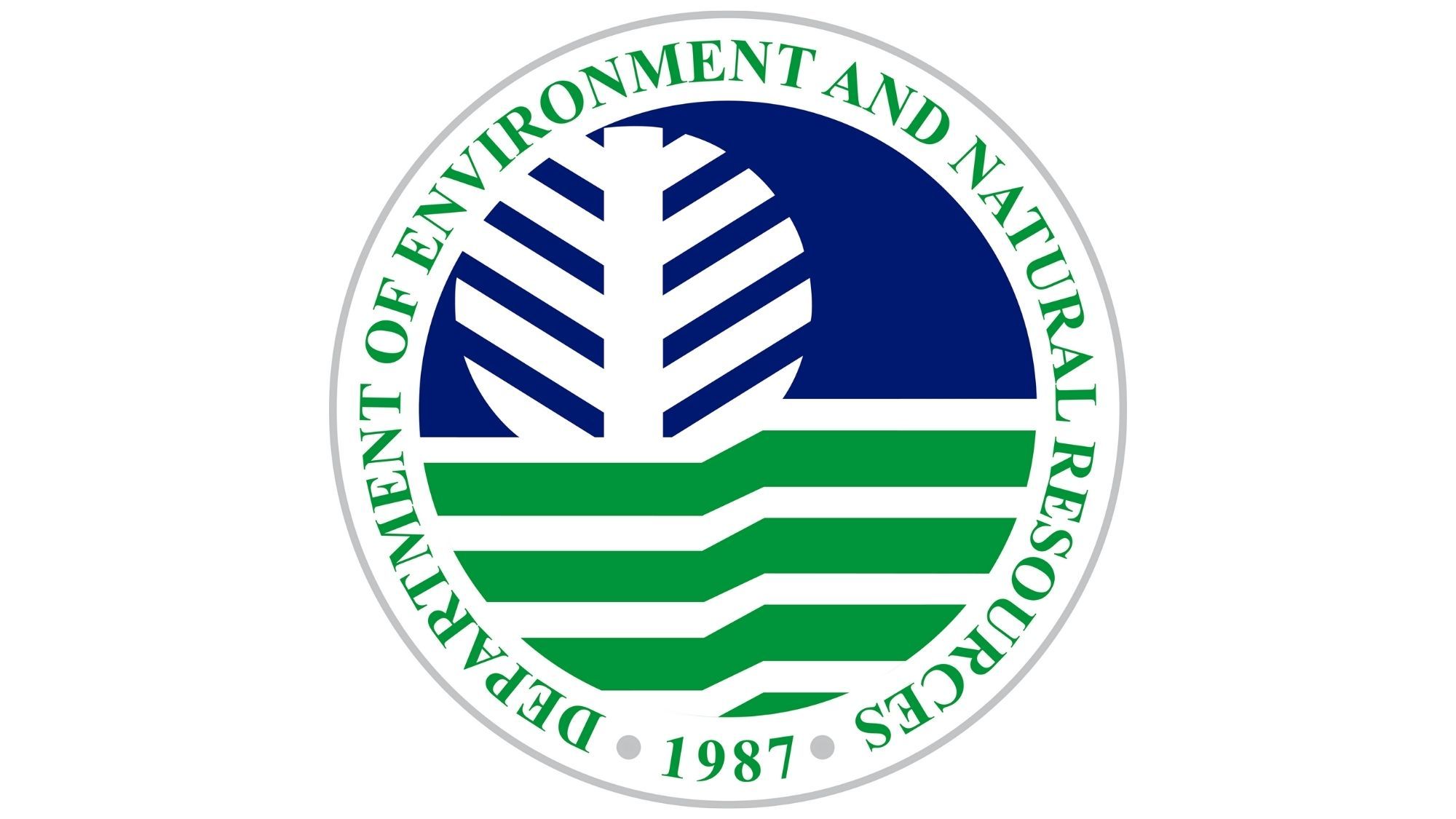The Extended Producer Responsibility (EPR) law should not just be applied on single-use plastics but on all types of toxic wastes like used lead acid batteries (ULAB) and hospital wastes.
This clamor was raised by Dr. Jesus Arranza, chairman of the Federation of Philippine Industries, as he asked the Department of Environment and Natural Resources (DENR) why it has not yet issued the implementing guidelines of the EPR Act of 2022, which is now long overdue.
Arranza urged DENR Secretary Antonia Yulo-Loyzaga to include used batteries and other toxic wastes in the application of the provisions of EPR Act or Republic Act No. 11898, even as he noted that currently the DENR is focused on the waste recovery of plastics by big companies with over P100 million in capital or investments, particularly single-use plastics.
“This should not be the case as the concept of EPR is particularly important to ULABs because recycling hazardous waste requires advanced technical know-how and state-of-the-art facilities that only accredited private recyclers may have,” Arranza said.
Other sources of waste
With around 14 million registered vehicles, the market for car batteries is huge, which is why illegal smelters and ULAB recyclers are thriving, affecting the operation of those with legitimate business permits and regular taxpayers, he said.
Compared to ordinary waste types like plastics, currently covered by the EPR rules, “ULABs should be treated with more urgency because of their immediate harmful effects on the environment and the people,” he noted.
Arranza said a DAO implementing the EPR for ULAB will help regulate and prevent the illegal recycling of used lead acid batteries.
A DENR Administrative Order will further regulate the entities engaged in the production, importation, and sale of lead acid batteries and promoting proper recovery and recycling of ULAB that are considered hazardous waste, consistent with laws such as Republic Act 6969 or Toxic Substances and Hazardous and Nuclear Waste Control act of 1990, and Republic Act 9003 or the Ecological Solid Waste Management Act of 2000, and the EPR law, Business Mirror reported.
Arranza said using these laws, the government and the private sector will be able to jointly curtail the harmful effects to the environment and the communities of unregulated recycling of ULABs that is happening in various parts of the country.
Implementing rules
Implementing rules that will mandate the proper recovery of recycling of ULABs is in line with Section 6 of RA 1898, which further amends Republic Act No 9003 by inserting a new chapter after Chapter III to read as follows: “Unless otherwise provided under Article 2 of this Chapter, within 3 months following the effectivity of the Extended Producer Responsibility Act of 2022, the DENR, in consultation with the NSWMC shall formulate a national framework on EPR for all types of product waste.”
He said the DENR is mandated to come up with an IRR that will operationalize the EPR on ULABs, as well.
“Simply put, we are calling on the DENR to strictly enforce the proper collection and recycling of ULABs by making sure entities engaged in the production, importation, and sale of brand-new lead acid batteries will not be able to market their products in the country unless they have satisfactorily proven that they have collected their ULABs and channeled them to accredited recyclers,” he said.
He said that for these state-of-the-art recyclers to thrive, they would need the support of the government to ensure the ULABs do not end up in the hands of fly-by-night recyclers that are operating shabby and unregulated facilities.
“As much as possible, we are pushing for a one-to-one [ratio]. Simply put, an entity that managed to collect 1,000 ULABs should be allowed to sell 1,000 brand-new batteries, as well,” he said.
The FPI, he added, is open to a phased implementation beginning at 20 percent in the first year, 50 percent in the second year, and 80 percent in the third year.”
#WeTakeAStand #OpinYon #OpinYonStories #DENR
